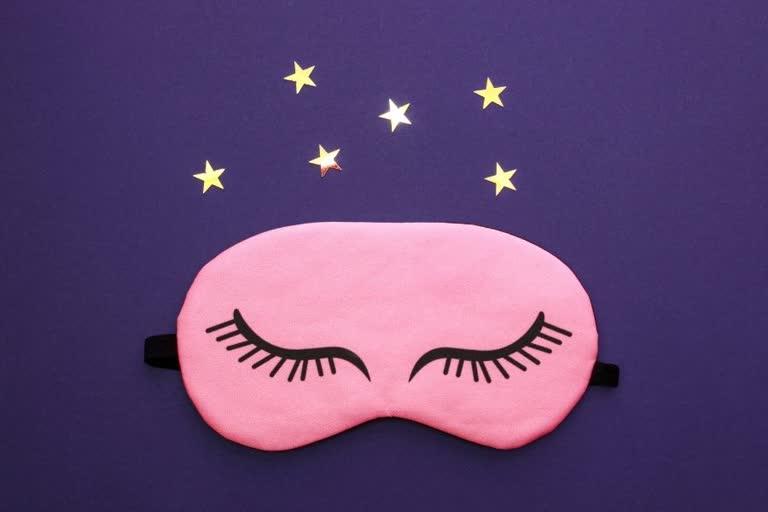Almost one-in-five British people report they don't get enough sleep each night. The problem is so bad that in total the UK public is losing around a night's worth of shut-eye each week.
There are a lot of popular beliefs about foods and drinks helping people get a good night's rest, but many of them are not based on scientific evidence. Here's what we know.
Chemistry of food and sleep
Our diet has an influence on sleep patterns by affecting the sleep hormone melatonin. For example, foods rich in the essential amino acid tryptophan are commonly cited as helping sleep, as tryptophan helps produce melatonin. Additionally, some vitamins and minerals may help sleep, such as vitamin D, magnesium and zinc.
- Oily fish:
Evidence suggests the more oily fish, such as salmon or herring, you eat the better you sleep. Oily fish contain healthy fats such as omega-3 oils which have been shown to improve sleep in children and are involved in serotonin release. Serotonin, a brain chemical linked to mood, also regulates the sleep-wake cycle which may also explain how eating oily fish can help.
- Tart cherries:
A number of studies have looked at the consumption oftart cherries, usually in the form of a drink, and sleep. Evidence suggests that tart cherries improve sleep in older adults, probably due to their ability to increase melatonin levels. And tart cherries are also rich in nutrients, including magnesium, which also may improve your sleep.
- Kiwi fruit:
The evidence for kiwi fruit helping you sleep is mixed. One study suggested four weeks of kiwi fruit consumption improved multiple sleep measures, while another, admittedly in sufferers of insomnia, found no effect. Based on these findings it is not clear yet that eating kiwi fruit will benefit sleep for most people.
- Oysters:
In 1888 W. F. Nelsom wrote He who sups on oysters is wont on that night to sleep placidly. There is some evidence to back up this statement, with zinc-rich foods, including oysters, being reported to benefit sleep. However, on balance eating oysters before bedtime is unlikely to be beneficial to your night's sleep.
Also Read:Herbal Teas For a Healthier You
Alcohol and other drinks
Alcohol causes brain activity to slow down and has sedative effects that can induce feelings of relaxation and sleepiness. But consuming alcohol is actually linked to poor sleep quality and duration. Although drinking alcohol may cause more rapid sleep onset, this can affect the different stages of sleep, decreasing overall sleep quality.
